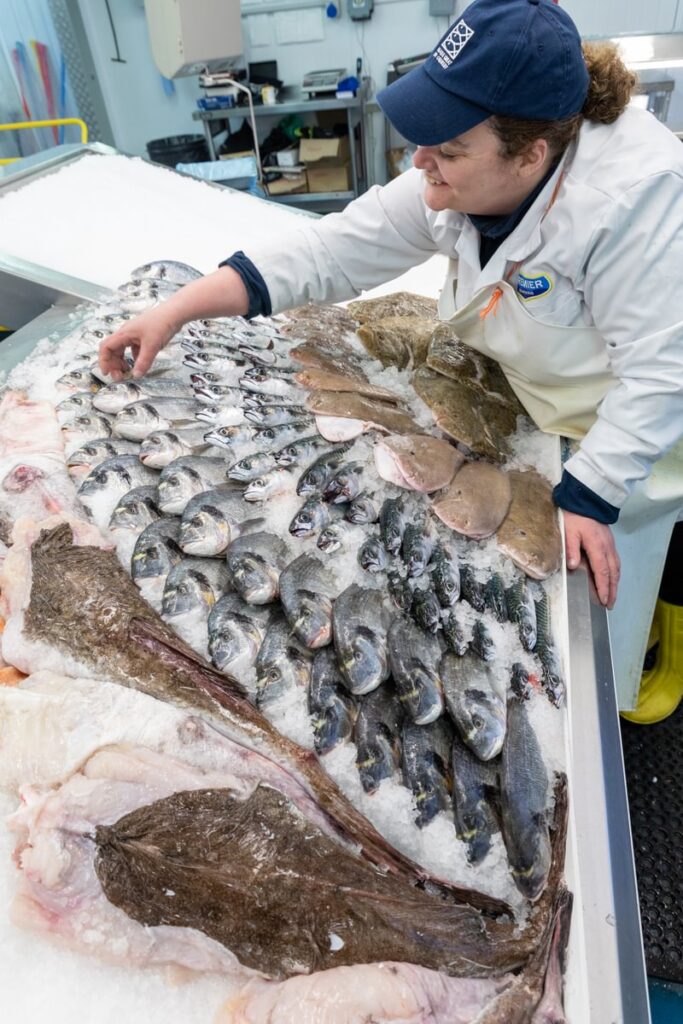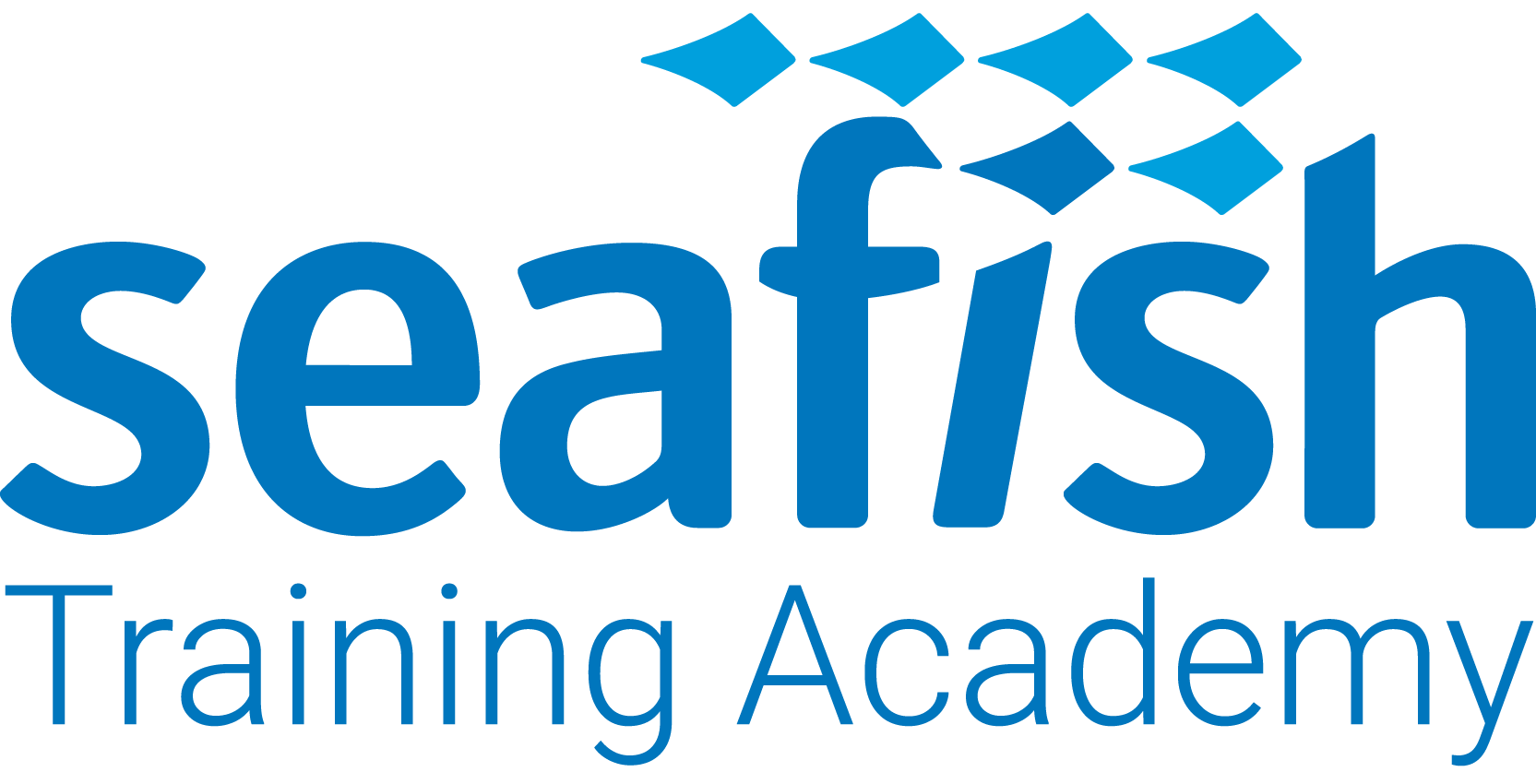- Home
- >
- Guide to seafood industry
- >
- Wholesale-and-retailer-fishmongers
Wholesale and retail fishmongers
Fishmongering in all it’s forms.

Wholesale fishmongers
Wholesale fishmongers are part of the wider fishmerchant/wholesaler sector where businesses buy and sell to other businesses rather than to members of the public. A wholesale fishmonger will be highly skilled in the handling and preparation of a wide range of species of fish or shellfish.
As they are less likely to sell to the public they may not have the display and merchandising skills typical of a retail fishmonger, but their business will have a higher turnover of seafood, but may operate with smaller margins. Some wholesalers also have retail operations.
Sustainability and responsible sourcing are of ever-increasing importance to their business as their customers increasingly demand this of their suppliers.
Retail fishmongers
Retail fish mongering is usually separated into independent and multiple retailers, also known as high street and supermarket fishmongers.
The skills demanded of the people who work in these two types of retail businesses are very similar, although the way the businesses work behind the scenes can be very different.
Independent retail businesses are often owner managed, or privately owned by one or more people. They operate with a relatively low number of staff.
Traditional fishmongers sell a range of fresh seafood, with many businesses also offering a small amount of frozen goods or other products, and some independent mongers sell some of their own products.
They operate within traditional shop hours and are often closed on Sundays or Mondays. Some fishmongers have an online presence and offer home delivery.
Independent retail also includes mobile fishmonger vans, markets stalls and independent retail shops that sell a small amount of seafood alongside a range of food or grocery products.
Large retailers are multi million pound food and grocery businesses and seafood is only part of their overall offering.
As well as their head offices, they have store locations around the country and an online retail presence.
They may also have stores in other countries or international influence.
Fishmonger skills and training
Fishmongers require high levels of craft skills and great customer service skills.
This is reflected in the scope of the apprenticeship schemes that are available to them, as well as the formal recognition provided by the Worshipful Company of Fishmongers.
Apprenticeships:
There are two types of apprenticeship schemes available.
In England fishmongers have a Level 2 Fishmonger Standard that encompasses wholesale fish mongering (and some primary processing) alongside the more usual retail fishmonger roles.
In the other UK nations there is a general Fish and Shellfish Industry Skills framework which allows an apprentice to pick and mix from a wide range of industry-based units to build their own bespoke Level 2 or Level 3 apprenticeship.
Master Fishmonger Standard
The Master Fishmonger Standard (MFS) scheme has a number of levels of recognition for fishmongers including, Recognised, Advanced, Craft and Master.
Fishmongers are served by their trade body, the National Federation of Fishmongers.
